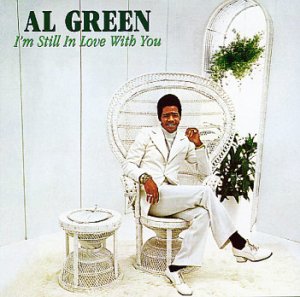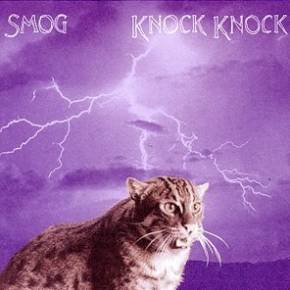 I don’t feel I have a huge amount to say about this record, as I know next to nothing about the band. Nowadays, I find I favour this arrangement (‘so do we’ I hear you sigh). Like most of you I used to pore over the pages of the music press for scraps of information about my favourite bands. Months could pass between mentions of The Fall or Big Black or whoever, but when they came these titbits felt like jewels to be turned in the hand, committed to memory and then squirrelled away for safe-keeping. Now, when everything is instantly accessible, I find i’m happy not to know.
I don’t feel I have a huge amount to say about this record, as I know next to nothing about the band. Nowadays, I find I favour this arrangement (‘so do we’ I hear you sigh). Like most of you I used to pore over the pages of the music press for scraps of information about my favourite bands. Months could pass between mentions of The Fall or Big Black or whoever, but when they came these titbits felt like jewels to be turned in the hand, committed to memory and then squirrelled away for safe-keeping. Now, when everything is instantly accessible, I find i’m happy not to know.
The instant accessibility of music is relevant to my strong feelings for ‘The Drop’, released earlier this year. I still don’t have a firm grip on my views about how the ‘everything now’ approach which Spotify, Deezer, YouTube and online sharing will affect the way new music is made. If even an old geezer like me finds that Spotify has noticeably shortened his attention-span (“that’s no good: NEXT! that sounds better: 30 seconds BORED! NEXT!”) then will new music tend towards instant gratification and novelty? Will having all music at our fingertips reveal that there are no new tunes under the sun? Or will, as I hope, this open smorgasbord of sounds produce musicians with wildly careening influences and the ability to mash these together into yet more inventive shapes? (Sidenote: even this could ultimately be a cannibalistic cul-de-sac).
Okay, so I know just three things about Pinkunoizu. 1. They are a four-piece from Denmark. 2. Their name means ‘pink noise’ in Japanese. 3. ‘The Drop’, their second album, is a delirious blend of sounds and styles, from the 60s through to the 80s, and from the first time I heard it, it overwhelmingly fulfilled expectations I never even knew I had.
Part of the early fun to be had with this record is spotting the lifts and styles. It opens with zoned-out krautrock, then takes ‘New Life’ by Depeche Mode on a psych-trip to the sun and back before kicking into a Motor City ’68 freak-out jam. We’re three tracks in by this point, but seemingly have had 20 years of rock history crammed into our ears already. From here we’re led through fried acid folk, pastoral psychedelia, surf rock and blissed out British invasion whimsy. All of it’s compelling, joyful, liberating.
The most satisfying and surprising aspect of ‘The Drop’ is how, once the reference-spotting has run its course, the songs, followed by the whole record, slowly coalesce into a coherent whole. It should be possible to skip through so many genres with such apparent abandon and somehow make it sound like your own thing, but here Pinkunoizu nail that trick.
This is an album which could have been a collection of tired retreads or pale pastiches, but in fact feels like a musical air punch. It’s the record i’ve enjoyed the most this year. If the future is going to sound like the past but still be this good, then bring it on.
Tom Listened: Seeing as I am a bit of a connoisseur of modern Danish kitchen-sink indie I was somewhat taken aback when Rob produced Pinkunoizu’s latest from his bag. Hell, I didn’t even know they had a new record out!
Anyway, in much the same way as their other big albums (the ones that always turn up in those best of the decade lists, not their more obscure early records), The Drop is a wonderful mix of styles that should never work, but strangely does…in much the same way as Deus’ In A Bar Under The Sea without the Tom Waits growlalongs. I really liked this and can even see myself owning a copy before too long. A nice surprise!
Nick listened: The first three or so tracks on this didn’t strike me as being all that eclectic really, and I wondered a bit what Rob was going o about. Maybe it’s the mixing and mastering, or the happy euphonic accidents of vinyl that made it sound cohesive (I do struggle with hearing modern albums on vinyl first). That said, the second half was properly all over the place, in an enjoyable way. It reminded me a bit of Franco-Finnish duo The Do, but way more guitary.
Graham Listened: Really great first listen and wasn’t really struck by the Magpie approach that Rob thought the band were up to. Just seemed pretty damned inventive to me.






